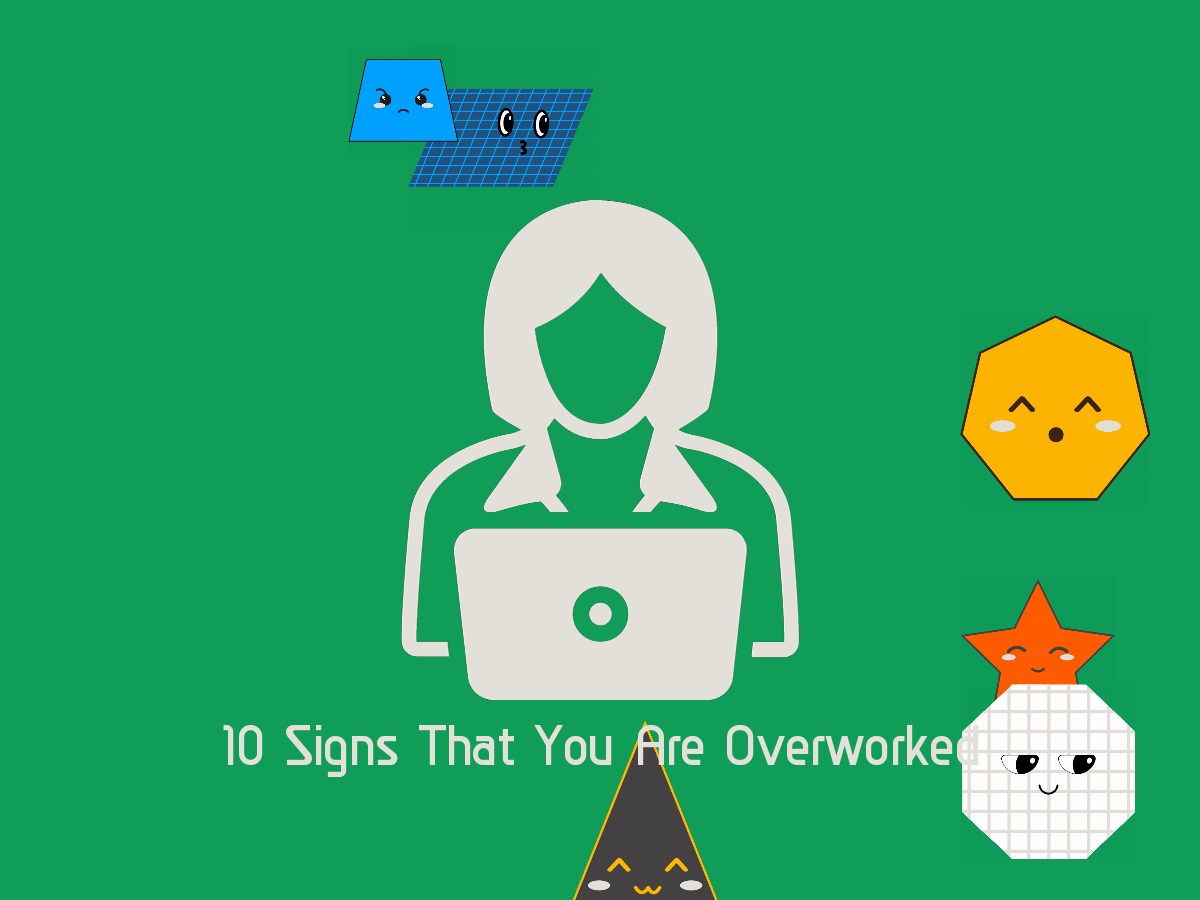Recognizing the Red Flags
In our quest for professional success, it's easy to cross the thin line between hard work and overwork. But when does 'staying late' become a routine rather than an exception? Here are ten signs that suggest you might be overworking.
1. Constant Fatigue:
Feeling perpetually tired, not just physically but also mentally, is a clear sign. If you're getting enough sleep but still feel exhausted, your workload could be the culprit.
2. Reduced Productivity:
Ironically, overworking often leads to decreased productivity. If you notice a drop in your work quality or struggle to focus, it’s time to reassess your workload.
3. Health Issues:
Frequent headaches, muscle tension, or a compromised immune system can all be indicators of excessive stress from overwork.
4. Neglecting Personal Life:
If your work schedule leaves little or no time for personal activities, relationships, or hobbies, it's a warning sign. Balance is key to overall well-being.
5. Constant Work Thoughts:
If you find it hard to disconnect from work-related thoughts during your off hours, it's a sign that work is taking over your mental space.
6. Irritability and Mood Swings:
Noticeable changes in your mood, especially irritability or feelings of frustration, can be linked to being overworked and stressed.
7. Dependence on Stimulants:
Increasing reliance on caffeine or other stimulants to get through the day can be a sign that your body is being pushed too hard.
8. Work-Life Imbalance:
If your work demands consistently overshadow your personal life, it’s a red flag. Work-life balance is crucial for long-term career success and personal happiness.
9. Lack of Motivation:
Losing interest in work or feeling indifferent towards achievements that once excited you can be a symptom of burnout from overwork.
10. Sleep Problems:
Difficulty falling asleep or staying asleep, often due to a racing mind or anxiety about work, is a common sign of being overworked.
Taking Action
Recognizing these signs is the first step. The next is to take action. Talk to your manager, consider delegating tasks, and prioritize self-care. Remember, being productive doesn’t mean being perpetually busy. It's about working effectively within a sustainable routine that also values your personal life.





